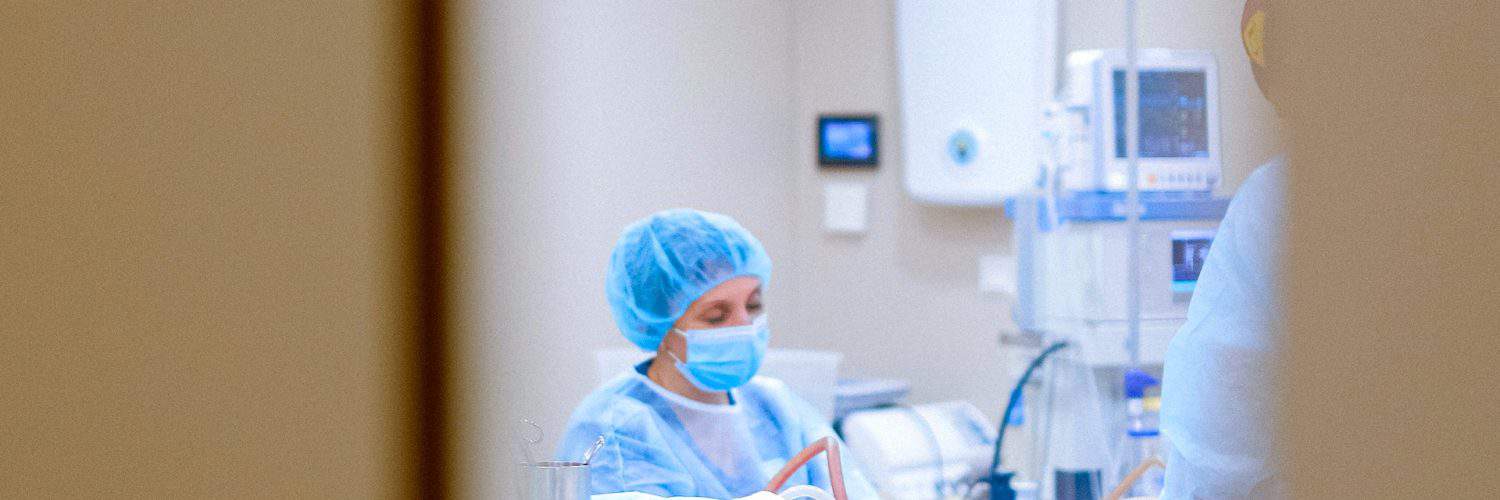Healthcare for Visitors in the Philippines: An Essential Guide
Traveling can be an exhilarating experience. While the Philippines is renowned for its pristine beaches, rich history, and warm hospitality, ensuring one’s health and well-being while traveling is crucial. If you’re planning to visit the Pearl of the Orient Seas, understanding the healthcare system is a must. Here’s a comprehensive guide to healthcare for visitors in the Philippines.
1. Overview of the Philippine Healthcare System
The Philippines’ healthcare system is a mix of public and private providers. The Department of Health (DOH) supervises the public health system, encompassing government hospitals, rural health units, and barangay health stations.
The private sector, consisting of private hospitals and clinics, often offers a higher standard of care, especially in urban areas. While public healthcare is more affordable, long waiting times and limited facilities can sometimes be an issue, prompting many locals and foreigners to opt for private institutions.
2. Common Health Risks for Travelers
Although the Philippines is a tropical paradise, it comes with its set of health risks:
- Tropical diseases: Malaria and dengue fever are prevalent, especially in rural areas. Ensure you have appropriate vaccinations and use preventive measures like mosquito repellents.
- Food and waterborne diseases: Avoid consuming tap water and street food if you’re not accustomed to local conditions.
- Air pollution: Metro Manila and other urban areas can have significant pollution, so travelers with respiratory issues should take precautions.
3. Travel Health Insurance: A Must-Have
While healthcare in the Philippines can be cost-effective compared to Western countries, medical bills can pile up, especially for significant procedures or long-term care. It’s advisable to:
- Purchase a comprehensive travel insurance policy that covers medical expenses, medical evacuation, and repatriation.
- Ensure your insurance is accepted by private hospitals for a seamless healthcare experience.
4. Pharmacies and Medications
Pharmacies, locally referred to as ‘botanicas’, are abundant, even in rural areas. Some points to note:
- Over-the-counter medications are readily available, but it’s advisable to carry a prescription for specific drugs, especially if they’re not commonly available.
- Most pharmacists in urban areas speak English, making it easier for visitors.
5. Dental Care
Dental tourism is on the rise in the Philippines, thanks to its high-quality services at affordable prices. Whether you need a routine checkup or major dental work:
- Opt for reputed dental clinics in urban areas.
- Consult fellow travelers or locals for recommendations.
6. What to Do in Case of an Emergency
In case of medical emergencies:
- Dial 911 or 117 for an ambulance.
- Major cities like Manila, Cebu, and Davao have world-class hospitals with state-of-the-art facilities.
- Communication is seldom an issue, as English is widely spoken in healthcare institutions.
7. Medical Tourism in the Philippines
The Philippines is emerging as a medical tourism hub, attracting visitors with its high-quality healthcare at competitive prices. Popular treatments include:
- Cosmetic surgery
- Dental procedures
- Wellness treatments
It’s essential to research and choose accredited medical institutions to ensure safety and quality.
8. Tips for Staying Healthy
To make the most of your Philippine adventure:
- Stay hydrated with bottled water.
- Consume well-cooked foods.
- Avoid raw seafood and street food unless you’re sure of its freshness and cleanliness.
- Keep a basic first-aid kit.
9. Vaccinations Before Visiting
Consult your doctor about recommended vaccines before traveling. Commonly suggested shots include:
- Hepatitis A and B
- Typhoid
- Tetanus and diphtheria
- Rabies (especially if you plan on rural or extended stays)
10. Respect Local Traditions and Beliefs
While the Philippines boasts modern medical facilities, some locals might follow traditional healing practices. Respecting their choices and understanding cultural nuances will enhance your travel experience.
Exploring the Philippines promises a journey filled with natural beauty, vibrant cultures, and unforgettable experiences. With the right precautions, you can ensure that your trip remains a healthy one. The country’s healthcare system, blending affordability and quality, offers peace of mind to visitors. Equip yourself with the right knowledge, stay insured, and embark on a journey of a lifetime in the heart of Asia.
Note: While the content of this article strives to provide accurate and comprehensive information about healthcare for visitors in the Philippines, it’s always recommended to consult official health advisories or professionals before making travel-related decisions.

















Add comment